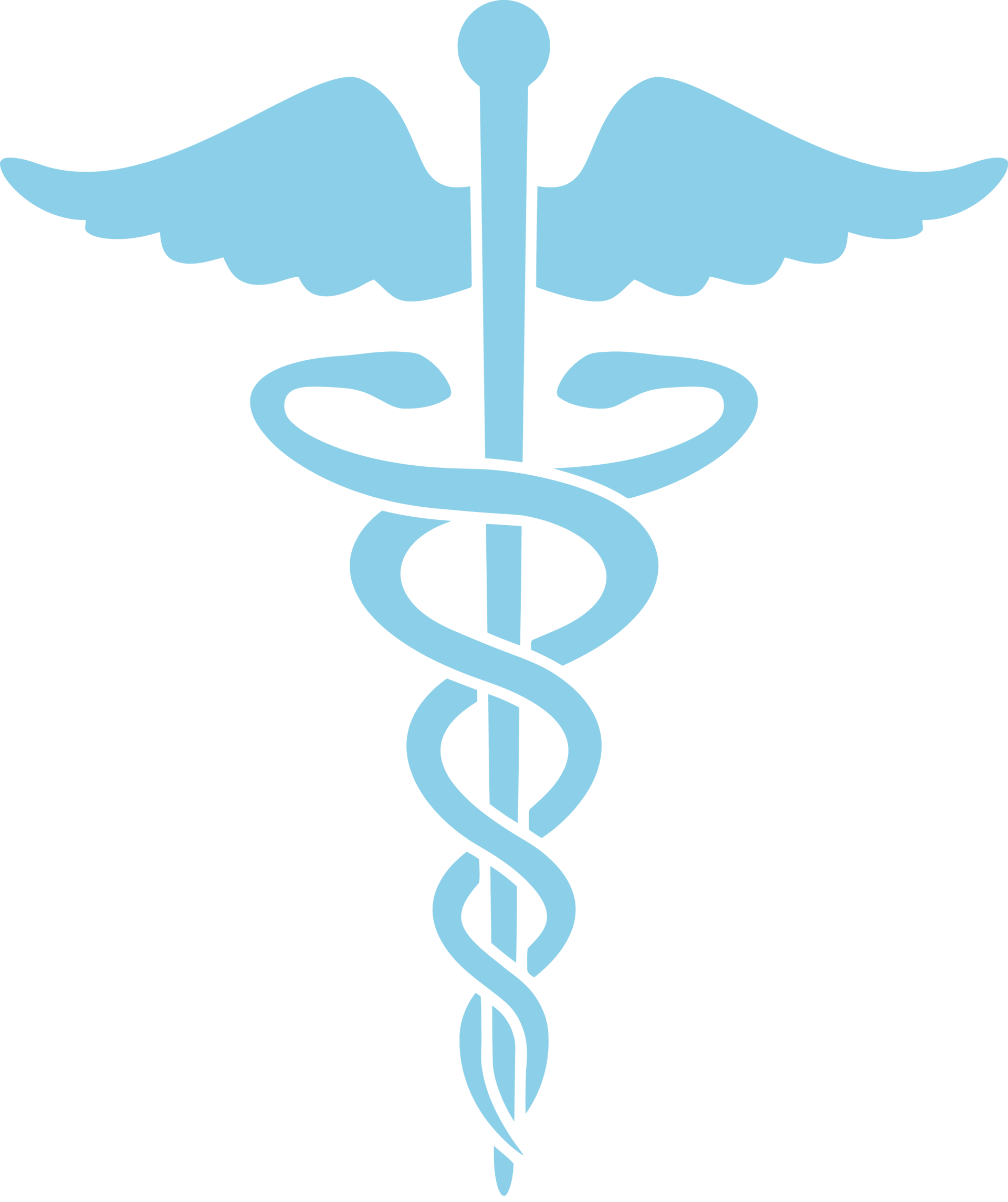HEALTHCARE
HEALTHCARE
Why is Information Security important in Healthcare?
Why is Information Security important in Healthcare?
The health care sector has a lot riding on keeping Protected Health Information (PHI) confidential and safe. Laws like HIPAA, the Health Insurance Portability and Accountability Act, put strict regulations on how the healthcare industry must treat confidential patient information, including with whom they can discuss and share it. HIPAA is designed to provide privacy standards that protect patients’ critical medical records and keep their personal information safe.
If you are a covered entity under HIPAA, you are required to make sure that your organization controls the use of regulated data internally and externally, that you manage security risks with a set of policies and procedures, and that you both identify and respond to security risks and incidents.
While the HIPAA regulations are more complicated than they seem at first, in the event your organization is audited, your goal is to show the auditor that you did everything you were required to by law and that you made the best decisions for the situation.
Understanding HIPAA
Take the necessary steps to ensure your organizations security.
Administrative Safeguards
Administrative safeguards are the glue holding HIPAA together. These safeguards are the policies and procedures that enlist a Security or Privacy Officer to enact HIPAA requirements inside the organization. The officer is also in charge of the general conduct of the employees and the organization as a whole in terms of HIPAA compliance. Security and Privacy Officers identify risks through regular assessments to ensure that all other safeguards are properly followed.
Physical Safeguards
Physical safeguards concern the physical access to PHI, whether that is by employees, patients, or criminals. There must be physical safeguards protecting the information regardless of where it is stored. This includes, but is not limited to, paper PHI inside the organization, data saved in the cloud, and information stored on servers inside the building. Physical safeguards also provide regulations on how to protect information on mobile devices.
Technical Safeguards
Technical safeguards are about the technology an organization uses to protect and access PHI. Technical safeguards require covered entities to encrypt patient data to the National Institute of Standards and Technology (NIST) standards. This is especially crucial when the information is moving beyond the entities’ firewall. Encryption ensures that the information is unreadable, making it useless to cybercriminals.
Learn more about Information Security in the Healthcare sector.
Learn more about Information Security in the Healthcare sector.
We want to know your needs exactly so that we can provide the perfect solution. Let us know what you want and we’ll do our best to help.


